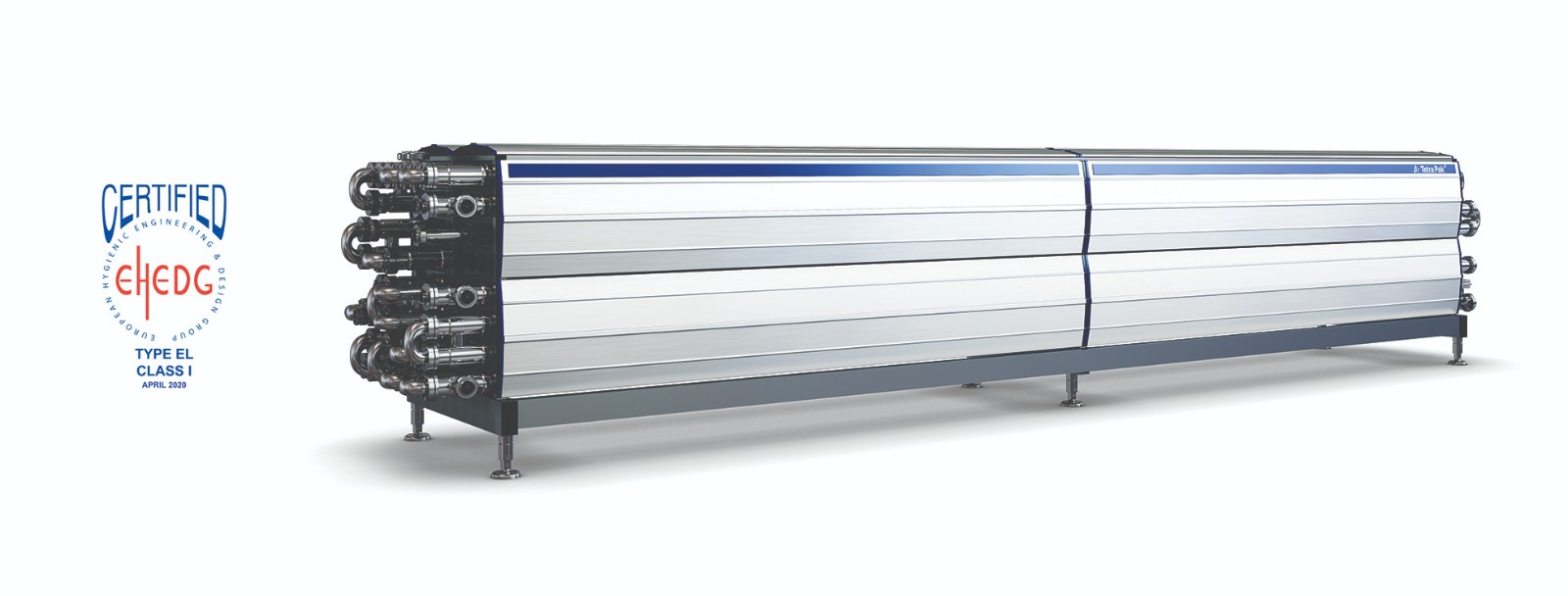The Tetra Pak® Tubular Heat Exchanger equipment has become the first tubular heat exchanger to receive the EHEDG certification meeting the leading food safety standards in Europe, in accordance with new standards.
Tubular Heat Exchangers are used for the heating and cooling of liquid food, so they are safe for consumption. The Heat Exchanger is the most critical component in a processing line as it is the hottest part during heat treatment and where fouling is most likely to occur. Therefore, innovation advances in hygienic engineering and design are key to consistently meet increasing food safety demands.

EHEDG promotes safe food by improving hygienic engineering and design in all aspects of food manufacturing. In 2018, Tetra Pak initiated component testing with EHEDG. Following the initial tests, the company made modifications to develop a new seal with a super-hygienic design and shape, which uses material approved according to US FDA and EU harmonised rules. Subsequent tests were completed in 2019, and in 2020 the Tetra Pak Tubular Heat Exchanger became the first in the industry to receive the EHEDG certification.
Jimmy Moons, Global Commercial Product Manager, Tetra Pak said "At Tetra Pak hygienic standards are essential, and during a time when our industry faces rapid changes, hygienic design is becoming critical for our customers. This work is an example of how we continually invest in research to ensure the most efficient and reliable heat treatment possible, which is especially key with Heat Exchangers which are important to maintain and clean. The Tetra Pak® Tubular Heat Exchanger is the first to receive the certification from EHEDG for the tube modules, which is also in accordance with the new EHEDG standards."
Tubular Heat Exchangers are used to process liquid dairy products, beverages, and infant formula as well as many other food applications. The frame, tubes and other component parts of the heat exchanger are specifically assembled to allow for easy dismantling and rebuilding. This makes it possible to customise the heat exchanger for different recipes, capacities, and to run different products. More than 27,000 Tetra Pak heat exchangers are installed around the world.














